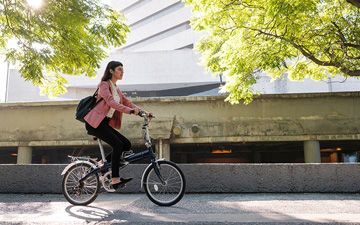Climate resilience
Driving practical solutions for a resilient future.
Make better decisions in the face of environmental uncertainties
As a leading science-based and data-driven solutions provider, we help organizations use resources more efficiently, reduce costs, and accelerate mission achievement.
Services
- Benefits assessment
- Electrification
- Energy and resource modeling and benchmarking
- Energy efficiency
- Energy security and reliability
- Grid resilience
- Industry standards, and protocols
- Framework development
- Infrastructure funding and improvements
- Environmental planning
- Grants management
- Impact monitoring and evaluation
- Resilience infrastructure planning
- Transportation electrification
- Voluntary program design and implementation
Our work
Featured experts
Our insights
ICF in the news
Related industries, solutions, and services


